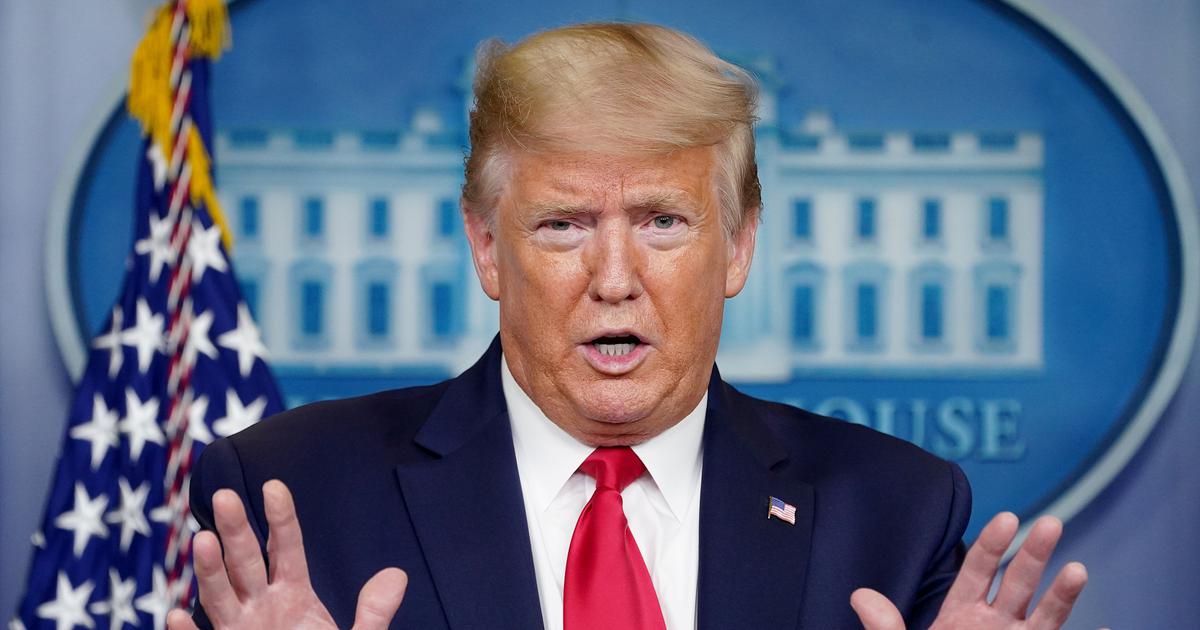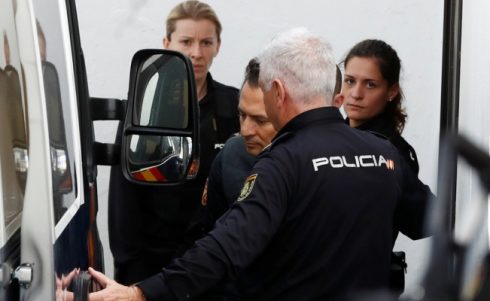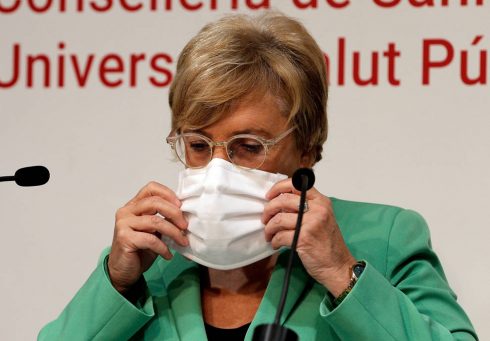THE Spanish Government has announced plans to build bridges with Donald Trump over disagreements on key policies.
Minister of Foreign Affairs, Arancha Gonzalez Laya outlined this morning a plan to create a ‘long term project’ to reinforce relations between the two countries.
Since the COVID-19 pandemic, tensions between the two nations have been tense, with disagreements over the controversial Google Tax and WHO funding adding fuel to the fire.
The digital services tax, more popularly known as the ‘Google Tax’ is an initiative launched by the Spanish Government to tax large American digital corporations which use EU bases to take advantage of lower tax rates.
Spain wants to place a 3% tax on online ads, on deals brokered on digital platforms and on sales of user data by tech companies.
The move, already adopted by France and Germany, has angered Trump, who calls it a ‘direct attack on technological multinationals in the US.’
In retaliation he has threatened tariffs on Spanish products entering the US, potentially putting many traditional industries in Spain under threat.
Laya has promised to continue with the implementation of the Digital tax due at the end of 2020, but hopes that talks with Trumps administration will calm waters over the issue.
Another sticking point towards a healthy relationship between Spain and America is Trumps vow to stop their funding of the World Health Organisation (WHO).
Trump is angry at the handling of the COVID-19 crisis by the WHO and had directly blamed them for the massive impact that the pandemic has had on the US economy.
However Spain has worked closely in conjunction with the WHO throughout the crisis and has historically had a good relationship with the organisation.
Arancha González Laya was also touted for the presidency of the WHO in the Eurogroup, but pulled out of her application in favour of then vice president Nadia Calviño.
During the open meeting before Ministers, Laya explained that “our transatlantic relationship, a pillar of our foreign policy, suffers from a long-term common project.”
“For this reason, we have opted to “redefine the project” with the United States.”
Laya called for an agenda of positive actions and that the plan must stretch beyond the next summit meeting.
“We must look forward 50 or 100 years or more.”








